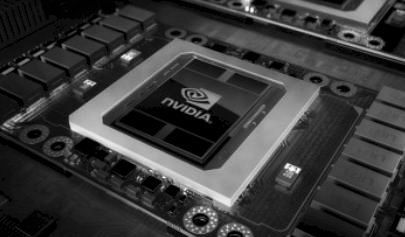What is good for the simulation and the machine learning is, as it turns out, also good for the database. The performance and thermal limits of traditional CPUs have made GPUs the go-to accelerator for these workloads at extreme scale, and now databases, which are thread monsters in their own right, are also turning to GPUs to get a performance and scale boost.
Commercializing GPU databases takes time, and Kinetica, formerly known as GPUdb, is making a bit of a splash ahead of the Strata+Hadoop World conference next week as it brags about the performance and scale of the parallel database management system that it initially created for the US Army and has commercialized with the US Postal Service.
Kinetica joins MapD, which we profiled recently, and Sqream Technologies, which you can find out more about here, in using GPUs to execute the parallel functions of SQL queries to massively speed up the processing of queries against databases. Each of these GPU databases has come into being through a unique path, just like the pillars of the relational database world – Oracle’s eponymous database, IBM DB2, Microsoft SQL Server (and its Sybase forbear), MySQL, and PostgreSQL – did decades ago. And as these GPU databases mature and develop, the race will be on to scale them up and out to handle ever larger datasets and perform queries faster and faster at the same time.
